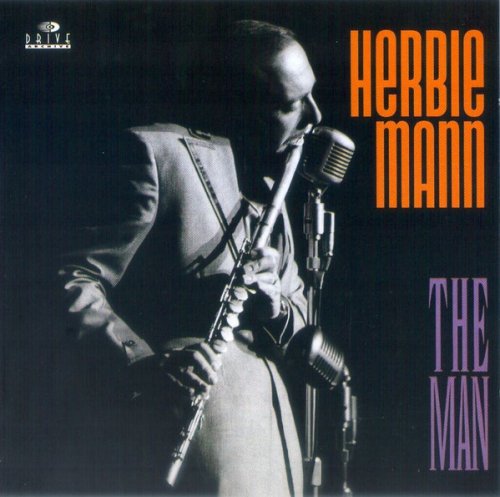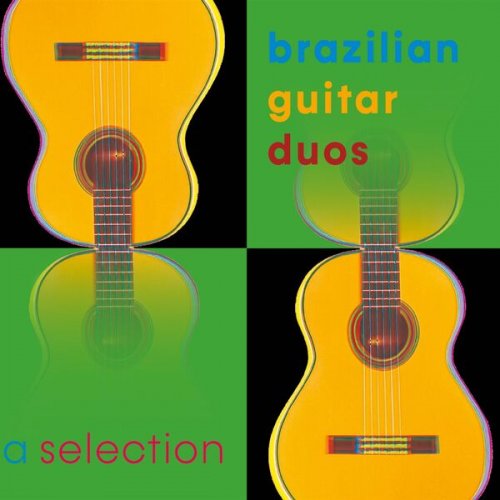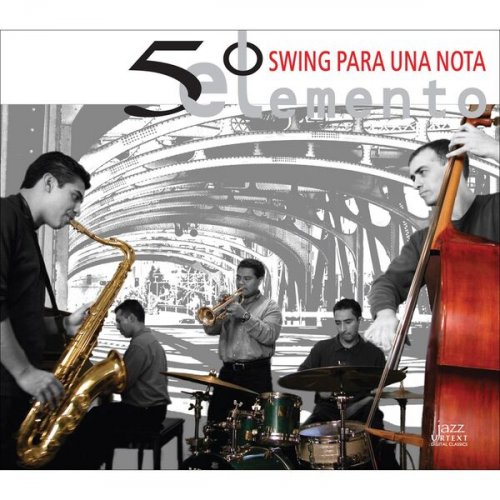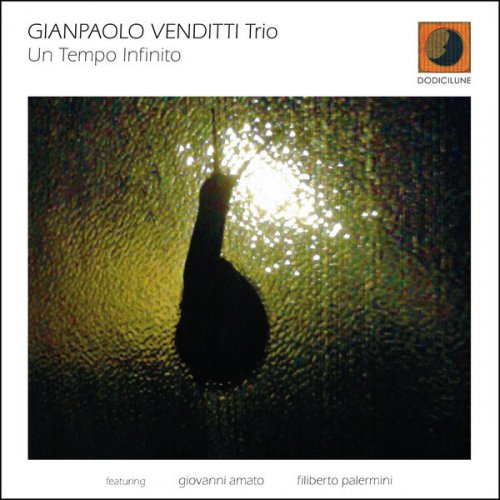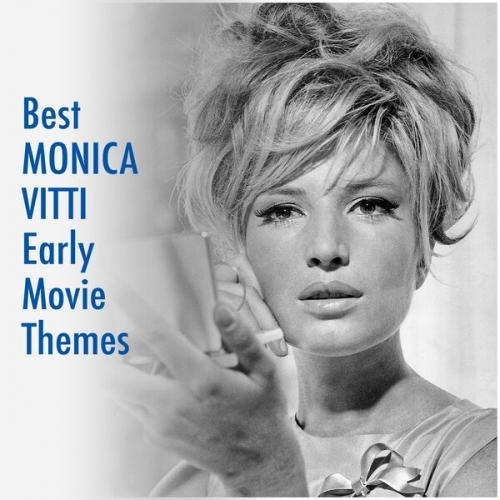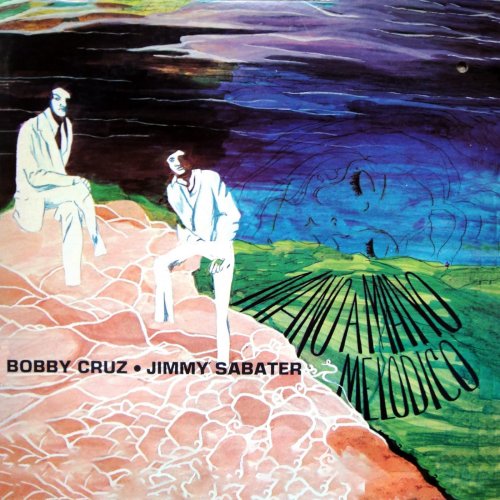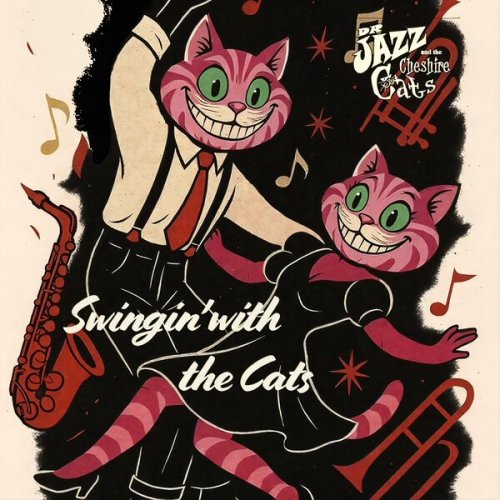Emil Tchakarov - Mussorgsky: Khovanshchina (1990)
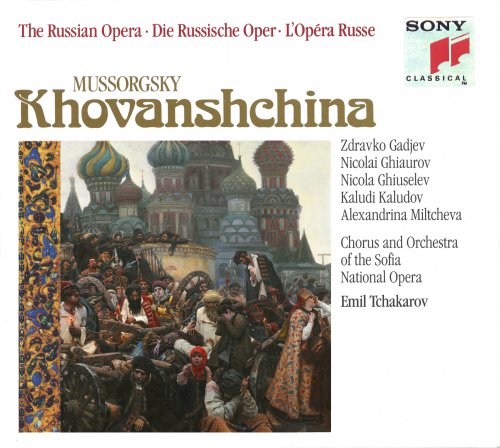
Artist: Emil Tchakarov
Title: Modest Mussorgsky: Khovanshchina
Year Of Release: 1990
Label: Sony Classical
Genre: Classical
Quality: FLAC (image + .cue, log, artwork)
Total Time: 03:15:00
Total Size: 770 MB
WebSite: Album Preview
Tracklist:Title: Modest Mussorgsky: Khovanshchina
Year Of Release: 1990
Label: Sony Classical
Genre: Classical
Quality: FLAC (image + .cue, log, artwork)
Total Time: 03:15:00
Total Size: 770 MB
WebSite: Album Preview
CD 1
1. Khovanshchina: Act 1: Dawn over the River Moscow
2. Khovanshchina: Act I: I'll go, go, ... go to Ivangorod
3. Khovanshchina: Act I: Hey! Hey you, scribbler!
4. Khovanshchina: Act I: Once there lived a godmother
5. Khovanshchina: Act I: Children, my children!
6. Khovanshchina: Act I: Praise the Swan, the White Swan
7. Khovanshchina: Act I: Let me go! Leave me, let me go!
8. Khovanshchina: Act I: Well, well, Prince!
9. Khovanshchina: Act I: Lord! Let not the enemy powers be victorious
10. Khovanshchina: Act 2: 'Brother Vasenka, my light'
11. Khovanshchina: Act 2: I am aware of your hallowed custom
12. Khovanshchina: Act 2: Mysterious powers, great powers
CD 2
1. Khovanshchina: Act 2: We are here without announcement
2. Khovanshchina: Act 2: Princes, calm your anger
3. Khovanshchina: Act 2: Princes! The Tsarevna commanded me
4. Khovanshchina: Act 3: We shall bring disgrace upon them
5. Khovanshchina: Act 3: There went a young maiden
6. Khovanshchina: Act 3: Sin! Dreadful, irredeemable sin
7. Khovanshchina: Act 3: In the Streltsy quarter all are sleeping
8. Khovanshchina: Act 3: Ah, you damned drunkards
9. Khovanshchina: Act 3: What's the matter?
10. Khovanshchina: Act 3: Greetings to you, children
CD 3
1. Khovanshchina: Act 4 - Scene 1: I, a young lad, spent the night
2. Khovanshchina: Act 4 - Scene 1: Persian Dances
3. Khovanshchina: Act 4 - Scene 1: Why are you here?
4. Khovanshchina: Act 4 - Scene 2: Beginning
5. Khovanshchina: Act 4 - Scene 2: The fate of inevitable, menacing destiny
6. Khovanshchina: Act 4 - Scene 2: Ah, you are here, you wicked woman
7. Khovanshchina: Act 4 - Scene 2: Have no mercy, punish the damned
8. Khovanshchina: Act 5: Here, in this holy place
9. Khovanshchina: Act 5: Enemy of the people
10. Khovanshchina: Act 5: They have gone away
11. Khovanshchina: Act 5: Be praised, Lord of all glory!
12. Khovanshchina: Act 5: Dawn over the River Moscow
Khovanshchina has always been something of a problem, not only to Mussorgsky's colleagues and successors who wished to rescue so much fine dramatic music for the stage, but also to audiences. The very title indicates something of that. Khovanshchina does not mean "Khovansky Schweinerei", as in Dorothea Redepenning's essay in the booklet, translated here as "Khovansky filthiness", but something more like "The Khovansky Affair", which was the title given to the historical events of the end of the seventeenth century by Peter the Great himself. It is a confusion of clashing religious and political orthodoxies and personalities—the Westernizer Golitsin, the Slavophile Khovansky together with Dosifey and his Old Believers, even the German Lutherans who were in those years a significant minority. Mussorgsky was right to feel it a marvellous, and intensely Russian, subject for an opera, but he failed to control his material and make of it a strongly coherent libretto. The result is music whose power can certainly make a tremendous effect on the stage, but whose subtlety can well be approached more closely through gramophone listening. There is, with this set, a transliteration (though in a system that will be unfamiliar to most English readers) and anonymous translations.
The version used here is the reworking and reorchestration by Shostakovich, one with both strengths and disasdvantages. Among the strengths is, generally, the orchestration, which may fall strangely on ears familiar with RimskyKorsakov (few, I imagine, will know the version by Boris Asafiev). The recording, made in Sofia in 1986, is by and large successful in capturing its individuality, though it is unsubtle and does not cope very well with the chorus: this seems partly due to the large number of singers, whose words can mostly be detected only by reference to the libretto.
The main parts include some splendid performances. These are headed by Nicola Ghiuselev, who establishes a presence and a commanding authority from Dosifey's first solemn entry, and Nicolai Ghiaurov, no less authoritative as a Khovansky of threatening malevolence. Kaludi Kaludov does well to match himself so intelligently against these two, and his portrayal of the well-meaning, uncertain Golitsin is nowhere more effective than in his Act 2 soliloquy. Stoyan Popov's hefty baritone makes a formidable ShaklovIty (in Mussorgsky's words "an imposing figure despite his bloody nature"), from the opening scene as he bullies Angel Petkov's hapless Scribe. Zdravko Gadjev skilfully outlines Andrey as a weak man trying to act as a strong one.
The women are, very properly, dominated by Alexandrina Miltcheva's powerful Marfa: with her, too, a character is established in the opening phrase, and she gives a superb account of the Intense Incantation Scene while also being able to sing the beautiful Act 3 song with touching vulnerability. Maria Petrova Popova sets a fanatical yet flustered Susanna against this steady, visionary character. Maria Dimchevska is skilful at making Emma's rather complicated expressive line musical and fresh, as she tries miserably to escape Andrey's attentions in the first scene. It is a large cast; it is also a well-balanced one that gives a compelling account of a fine opera. -- Gramophone [10/1990]
The version used here is the reworking and reorchestration by Shostakovich, one with both strengths and disasdvantages. Among the strengths is, generally, the orchestration, which may fall strangely on ears familiar with RimskyKorsakov (few, I imagine, will know the version by Boris Asafiev). The recording, made in Sofia in 1986, is by and large successful in capturing its individuality, though it is unsubtle and does not cope very well with the chorus: this seems partly due to the large number of singers, whose words can mostly be detected only by reference to the libretto.
The main parts include some splendid performances. These are headed by Nicola Ghiuselev, who establishes a presence and a commanding authority from Dosifey's first solemn entry, and Nicolai Ghiaurov, no less authoritative as a Khovansky of threatening malevolence. Kaludi Kaludov does well to match himself so intelligently against these two, and his portrayal of the well-meaning, uncertain Golitsin is nowhere more effective than in his Act 2 soliloquy. Stoyan Popov's hefty baritone makes a formidable ShaklovIty (in Mussorgsky's words "an imposing figure despite his bloody nature"), from the opening scene as he bullies Angel Petkov's hapless Scribe. Zdravko Gadjev skilfully outlines Andrey as a weak man trying to act as a strong one.
The women are, very properly, dominated by Alexandrina Miltcheva's powerful Marfa: with her, too, a character is established in the opening phrase, and she gives a superb account of the Intense Incantation Scene while also being able to sing the beautiful Act 3 song with touching vulnerability. Maria Petrova Popova sets a fanatical yet flustered Susanna against this steady, visionary character. Maria Dimchevska is skilful at making Emma's rather complicated expressive line musical and fresh, as she tries miserably to escape Andrey's attentions in the first scene. It is a large cast; it is also a well-balanced one that gives a compelling account of a fine opera. -- Gramophone [10/1990]

